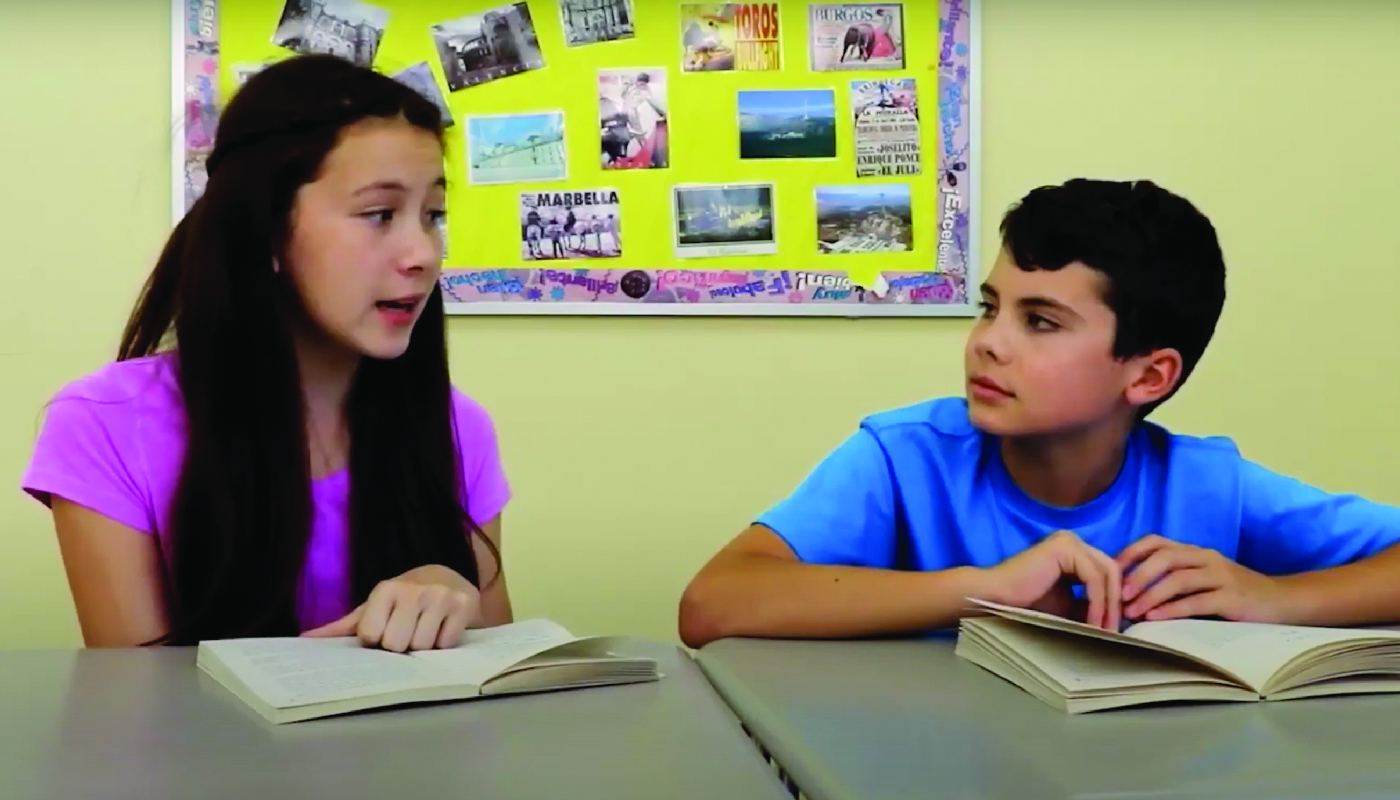
Introduction
Active listening is a fundamental skill that helps students develop strong relationships, empathy, and communication abilities. In this blog post, we will discuss an engaging no-prep activity to teach active listening skills to kindergarten students. We will also provide discussion questions, related skills, and next steps to support educators in fostering social-emotional learning in the classroom.
No-Prep Activity
The “Listening Mirror” activity is a simple and effective way to teach kindergarten students about active listening. Here’s how it works:
- Divide the students into pairs.
- Ask one student in each pair to share a story or experience with their partner. The other student should practice active listening by looking at the speaker, facing their body towards them, and keeping their hands and feet calm and quiet.
- After the first student finishes sharing, their partner should summarize what they heard and ask a specific question related to the story.
- Switch roles and repeat the process.
This activity encourages students to practice active listening skills and helps them understand the importance of showing genuine interest in their friends’ experiences.
Discussion Questions
- Why is it important to show our friends that we are listening to them?
- How does it feel when someone is actively listening to you? How does it feel when someone is not?
- What are some other ways we can show our friends that we are listening and care about what they have to say?
- How can active listening help us make friends and build stronger relationships?
- Can you think of a time when you practiced active listening? How did it affect your conversation?
Related Skills
Active listening is just one of many essential skills that contribute to social-emotional learning. Other related skills that can support students’ development include:
- Empathy: Understanding and sharing the feelings of others.
- Respect: Treating others with kindness and consideration.
- Collaboration: Working together to achieve a common goal.
- Conflict resolution: Resolving disagreements in a peaceful and constructive manner.
- Self-awareness: Recognizing and understanding one’s own emotions and how they affect others.
Next Steps
If you’re interested in exploring more activities and resources to support social-emotional learning in your kindergarten classroom, we invite you to sign up for free sample materials at Everyday Speech. You’ll find a wealth of engaging activities, videos, and lessons designed to help students develop essential life skills.

